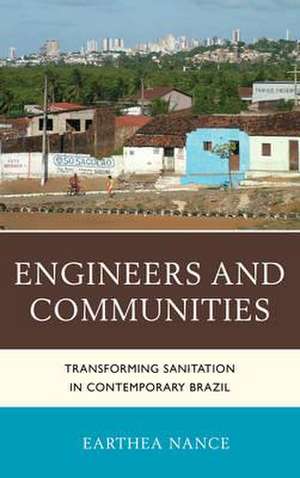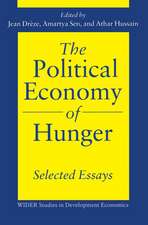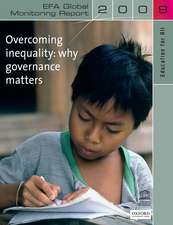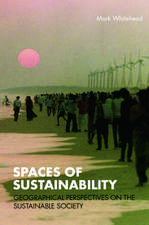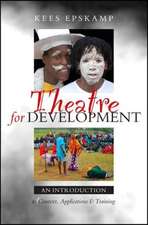Engineers and Communities
Autor Earthea Nanceen Limba Engleză Hardback – 14 noi 2012
Preț: 700.68 lei
Preț vechi: 909.96 lei
-23% Nou
Puncte Express: 1051
Preț estimativ în valută:
134.12€ • 145.73$ • 112.73£
134.12€ • 145.73$ • 112.73£
Carte tipărită la comandă
Livrare economică 21 aprilie-05 mai
Preluare comenzi: 021 569.72.76
Specificații
ISBN-13: 9780739126813
ISBN-10: 0739126814
Pagini: 200
Dimensiuni: 160 x 229 x 23 mm
Greutate: 0.45 kg
Editura: Rowman & Littlefield
ISBN-10: 0739126814
Pagini: 200
Dimensiuni: 160 x 229 x 23 mm
Greutate: 0.45 kg
Editura: Rowman & Littlefield
Notă biografică
Descriere
Engineers and Communities traces the evolution of a small but important innovation in Brazil from 1980 through 2005. Through a series of grand experiments with participatory water and sanitation, coalitions of engineers, planners, public officials, and residents revealed the essential elements of how urban services can be made to be more inclusive.
